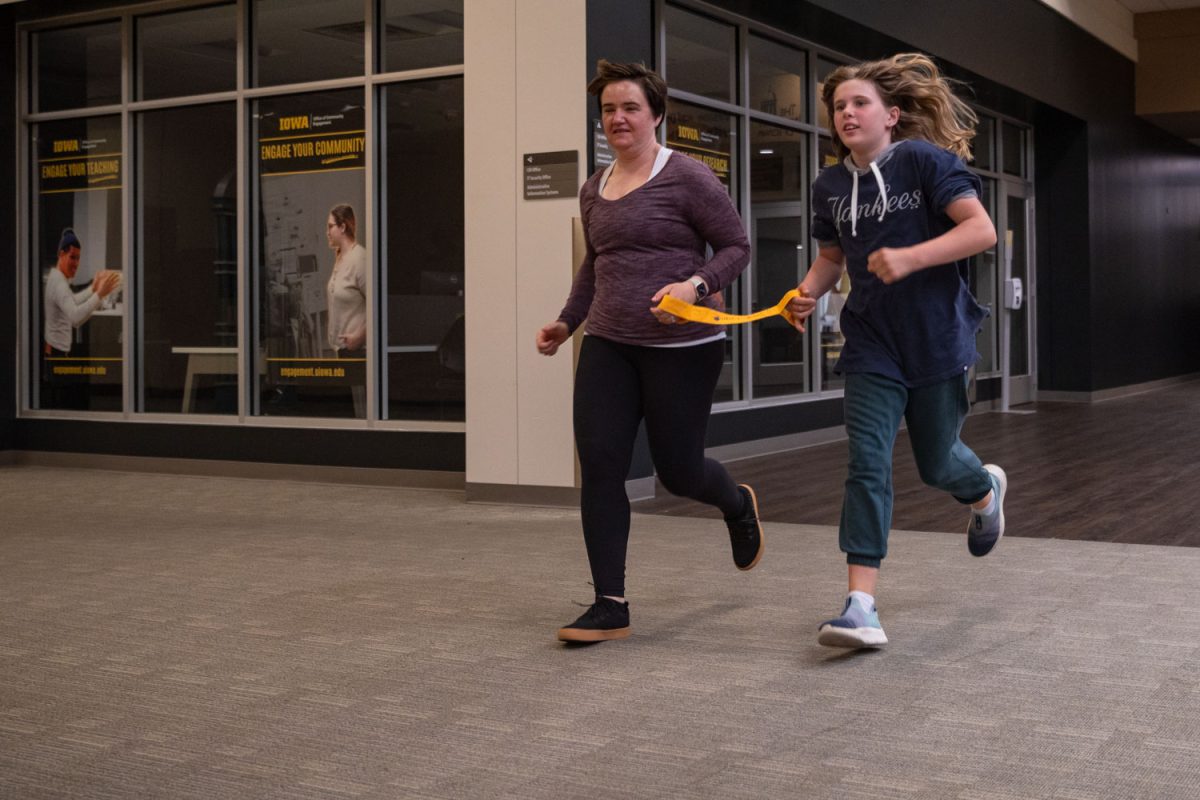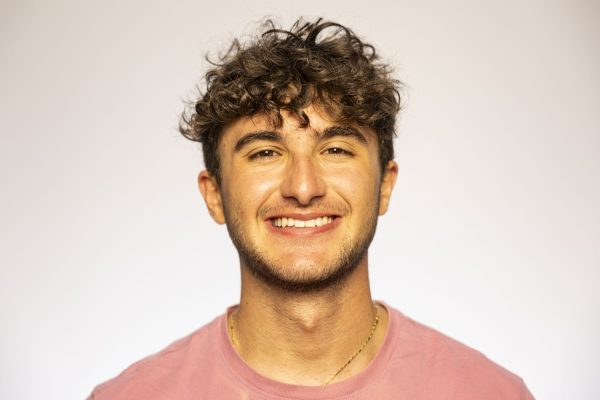Residents, especially youths in Johnson County are experiencing more mental health crises since the COVID-19 pandemic.
CommUnity’s Mobile Crisis Response program, which serves Johnson County and Iowa County, reported 1,376 dispatches in fiscal 2023. There was a 30 percent increase in dispatches across all age groups, and 19 percent of all dispatch calls were school-related.
Mae Hingtgen, CEO of the East Central Region, said the region is experiencing more youth who have mental health or behavioral issues, and highlighted the rise of numbers nationwide.
According to the Center for Disease Control and Prevention’s youth risk behavior system, feelings of persistent sadness, hopelessness, suicidal thoughts, and behaviors increased among young people by about 40 percent in the decade leading up to the pandemic.
Cherie White, mental health advocate for Johnson and Iowa Counties, said COVID-19 played a large role in increasing numbers. Hingtgen expressed similar concerns.
“There has been a growing intensity in behavior and brain health in the past five to 10 years, but it was exacerbated by the pandemic,” Hingtgen said.
White said the number of committals, or involuntary hospitalizations, due to mental health issues has increased slightly over the year.
The region is combatting rising numbers by providing new mental health services. Hingtgen reported that in the last two years, the region has set aside $1 million for children’s mental health.
White said Johnson County officials are amazing about trying to help people obtain the resources they need.
The East Central Region is the first in the state of Iowa to provide a children’s navigator, someone who works with school districts and students to help them understand their mental health issues and find additional resources.
Mobile crisis response teams work 24/7 to provide free, confidential crisis counseling. CommUnity has a mobile crisis team dedicated to youth; they work directly with schools in the area to support students.
RELATED: JoCo civil mental health court begins operations to reduce criminal convictions
Crisis stabilization residential services allow a safe space for youths in crisis to work with mental health professionals. The region has Tanager Place in Linn County and an upcoming youth crisis stabilization center currently under construction in Johnson County.
The region also provides family counseling, behavioral health intervention skills for children 12 and up, and implementing yoga and mindfulness in schools to teach self-regulation.
“We knit together services,” Hingtgen said. “There are a lot of varying services in the children’s sphere, we pull all of that together to provide a robust network of comprehensive services for children.”
Johnson County mental health advocate services
The county will soon combine its mental health advocate services with the neighboring Iowa County.
The Johnson County Board of Supervisors approved an agreement to share mental health advocate costs with Iowa County at a meeting on Aug. 31, followed by Iowa County supervisors’ approval on Sept. 15.
Once the contract is executed, White will take over cases in Iowa County, which has been without an advocate for three months after their previous advocate Barry Adams resigned.
Mental health advocates assist individuals involuntarily hospitalized by the court. They educate clients about their rights, can help someone get off an involuntary committal, and help clients make good choices about their mental health.
Counties are mandated by Iowa Code to provide a mental health advocate.
Hingtgen approached Johnson County about absorbing Iowa County’s caseload, placing the two counties under one mental health advocate.
Currently, 350 to 375 people are under involuntary hospitalization caused by mental health issues in Johnson County, while Iowa County averages 10-12 people, which requires four to five hours of work a month, White said.
Degen said there was not much interest in the position because of the small workload and because combining services with Johnson County is a “win-win-win-win” situation.
“This is a good example of two counties working together to solve a problem,” Degen said. “We’re all concerned about the mental health in our communities, small and large.”
Johnson County Social Services Director Lynette Jacoby said it is not unusual in Iowa for a mental health advocate to serve multiple counties. Iowa County and Johnson County were among 10 of 99 counties in Iowa that did not share a mental health advocate with at least one other county.
Some clients have been under outpatient commitment for years, others just a few days. Most of White’s clients live in the community in an outpatient commitment. Clients under outpatient commitment can live independently or in a care facility.
White is closely involved with clients, assisting them throughout the process, which begins once someone is committed to a hospital, referred to as an inpatient committal.
Committals encourage clients to continue treatment and medication, as not taking medication and denying mental health issues is common in the population, White said.
Johnson County Vice Chair Rod Sullivan said there will be no impact on Johnson County. The program will continue to be cost-neutral with funding provided by the East Central Region.
“Iowa County has been a really good partner for things,” Sullivan said. “We work together a lot to benefit both of our constituents.”
White has served as a mental health advocate for 10 years. Before taking on the Johnson County advocate position, she worked at the Abbe Center for Community Care in Marion, Iowa, for 20 years until its closure in 2013.










